Microsoft aims to make its AI chatbot so integral to laptop users that it remembers everything they do on their computers and helps anticipate their next steps.
On Monday, the tech giant introduced a new class of AI-enhanced personal computers, addressing increased competition from other major tech companies in the realm of generative AI. This technology can create documents, generate images, and function as a personal assistant at both work and home.
Ahead of its annual Build developer conference, Microsoft announced the integration of its AI assistant, Copilot, into the Windows operating system for PCs, which already reaches millions of consumers.
New features include Windows Recall, which Microsoft describes as giving the AI assistant a “photographic memory” of a user’s virtual activities. To protect privacy, Microsoft will allow users to filter what gets tracked and ensure the tracking remains on the device.
“It’s a step toward machines that instantly see us, hear, reason about our intent and our surroundings”, said CEO Satya Nadella.
“We’re entering a new era where computers not only understand us but can actually anticipate what we want and our intent” Nadella stated at an event at the company’s headquarters in Redmond, Washington.
The Seattle conference follows recent AI announcements from rivals Google and OpenAI, Microsoft’s partner behind the large language models that power Copilot.
Google unveiled a retooled search engine featuring AI-generated summaries and showcased its developing AI assistant, Astra, which can interpret and discuss images captured by a smartphone camera.
OpenAI introduced a new version of its ChatGPT last week, featuring an AI voice assistant capable of conversational nuances and emotional assessment. The assistant’s voice, resembling Scarlett Johansson’s AI character in “Her” was dropped from OpenAI’s collection due to its striking similarity.
OpenAI also launched a desktop version of ChatGPT for Apple’s Mac computers.
Apple’s own developer conference in June is next, with CEO Tim Cook hinting at significant investments in generative AI.
Microsoft’s announcements appeared to preempt Apple’s upcoming innovations. The AI-enhanced Windows PCs will begin rolling out on June 18, available on devices from Acer, ASUS, Dell, HP, Lenovo, Samsung, and Microsoft’s Surface line, starting at $999 for premium models.
While Copilot is based on OpenAI’s large language models, Microsoft noted that the new AI PCs will also utilize its proprietary “small language models” designed for efficiency and better performance on personal devices.
Many of these computers, powered by Qualcomm chips, will likely be used by large organizations refreshing their inventory, said Gartner analyst Jason Wong.
AI applications, from graphics production to language translation, “can now run locally without needing to go back to the cloud for processing” Wong stated. “That’s going to enhance what you can do without an internet connection, making the devices much more efficient.”

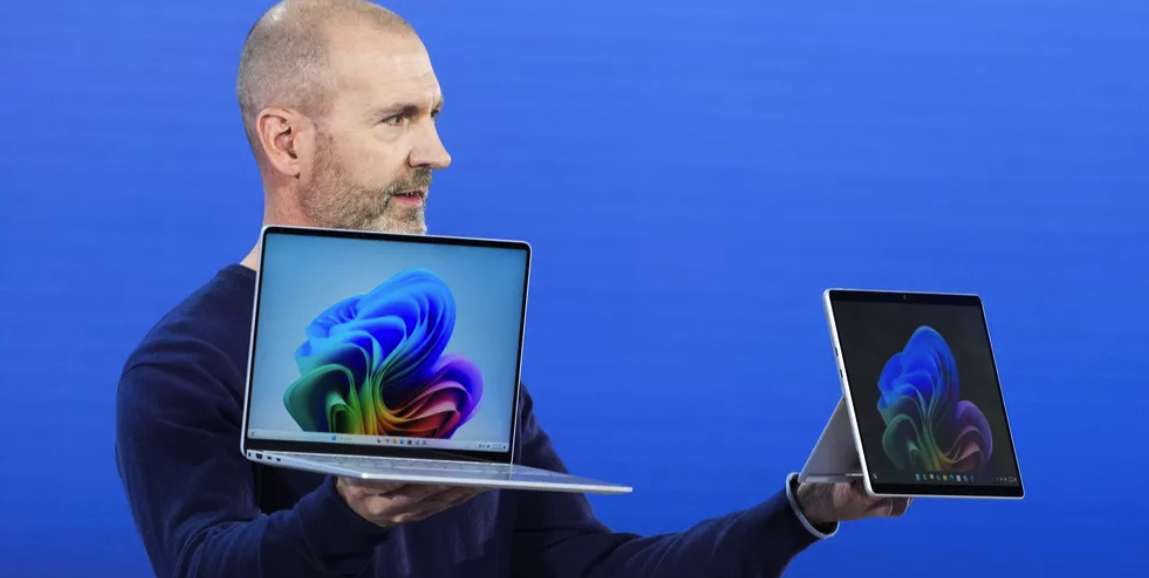
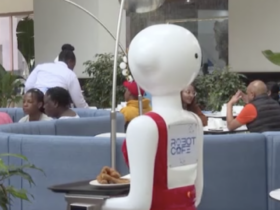




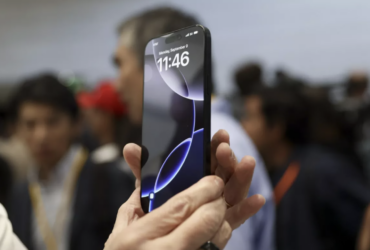
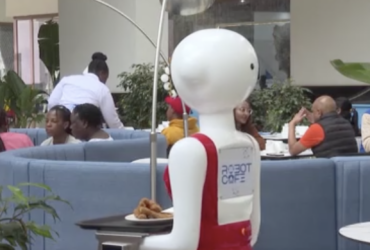

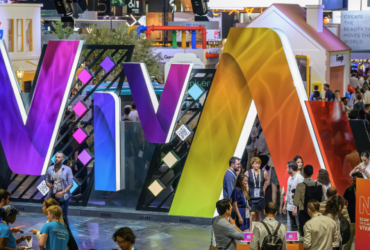
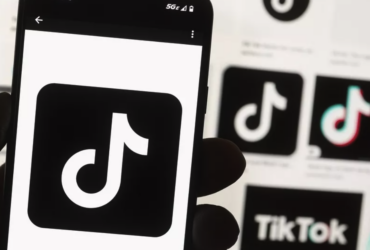

Got a Questions?
Find us on Socials or Contact us and we’ll get back to you as soon as possible.